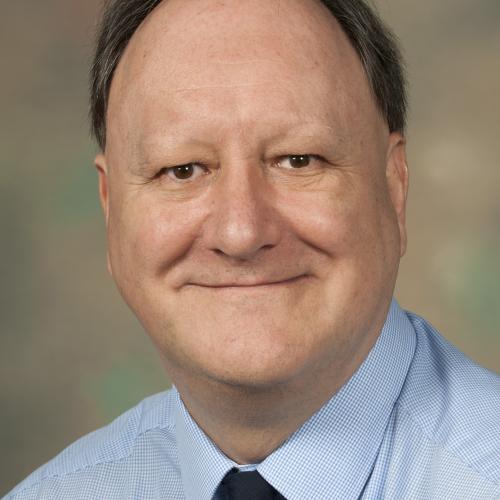Speaker profile

Dr Peter Allan
Available for booking

Stanford in the Vale, Oxfordshire, England

40 miles travel distance

Professional Astronomer

Science Communicator

Planetarium Presenter
Summary
I have a Ph.D. in astrophysics and have worked in different aspect of astronomy for all of my professional life. Over the last ten years, I have led star gazing sessions and given talks on popular astronomy to audiences with a wide range of backgrounds.
Full biography
I first got interested in astronomy at the age of ten. I build my own telescope using two lens and a cardboard tube. With hindsight, this was the perfect first telescope for me - it was good enough to see things that were not visible with the naked eye, and bad enough to know that I wanted something better!
I obtained a B.Sc. in Physics and a Ph.D. in astrophysics from Manchester University. I spent the next four years doing research at the University of Leiden in the Netherlands, and at Kitt Peak National Observatory in Arizona. In subsequent years I used telescopes in Hawaii, La Palma (Canary Islands), South Africa, and a little closer to home, the MERLIN radio telescope array that is run from Jodrell Bank.
In 1990, moved to the Rutherford Appleton Laboratory in Oxfordshire, and I have been here ever since. The space science department there (RAL Space) does a lot more than just astronomy and I took the opportunity to get involved in Earth Observation, data processing systems, and international standards for Space Data Systems.
I have given talks on many subjects to a range of audiences and led star gazing parties. I have given talks to member of the U3A, to audiences at local Cafés Scientifique, and to astronomy societies. I have also been on several cruises, where I led star gazing sessions and gave talks on aspects of astronomy to the cruise passengers. Recently, I have taken on the new challenge of explaining astronomy to my 5 year-old granddaughter.
Stargazing sessions
Dr Peter Allan can host stargazing sessions including guided tours of the night skies and observing using telescopes or binoculars.
Affiliations
Lectures
Astronomy without a telescope - what anyone can see in the night sky.
A talk that explains what anyone can see in the night sky, and how best to go about viewing it.
A tour of the Solar System
Humanity has sent space probes to all of the planets in the Solar System. What we have discovered is amazing.
The James Webb space telescope, the successor to Hubble.
This is the largest telescope ever launched into space. The results from this telescope are already spectacular. This talk covers what we have learned so far, and what else we hope to discover.
How far is that star?
Stars are incredibly far away from us, so how do we measure those vast distances?
Twinkle, Twinkle, little star.
We all know the nursery rhyme, but what exactly is a star? This will tell you what we know about stars – and how we know it.
Does life exist 'out there'?
What we know about the possibility of life on other planets and the chances of us detecting it.
Black holes, dark matter and dark energy. Have astronomers turned to the dark side?
An accessible overview of what has got scientists baffled.
We are stardust
All bar one of the chemical elements inside you and me were made inside stars. This is the origin story of where we are ultimately from.
Explosions on the Sun
How outbursts on the Sun affect our everyday lives.
Sky Dancers
The aurorae (or Northern Lights) can be a spectacular sight, but what makes them, and why do they move around the sky so quickly? This talk explains what causes the aurorae and how best to see them.



